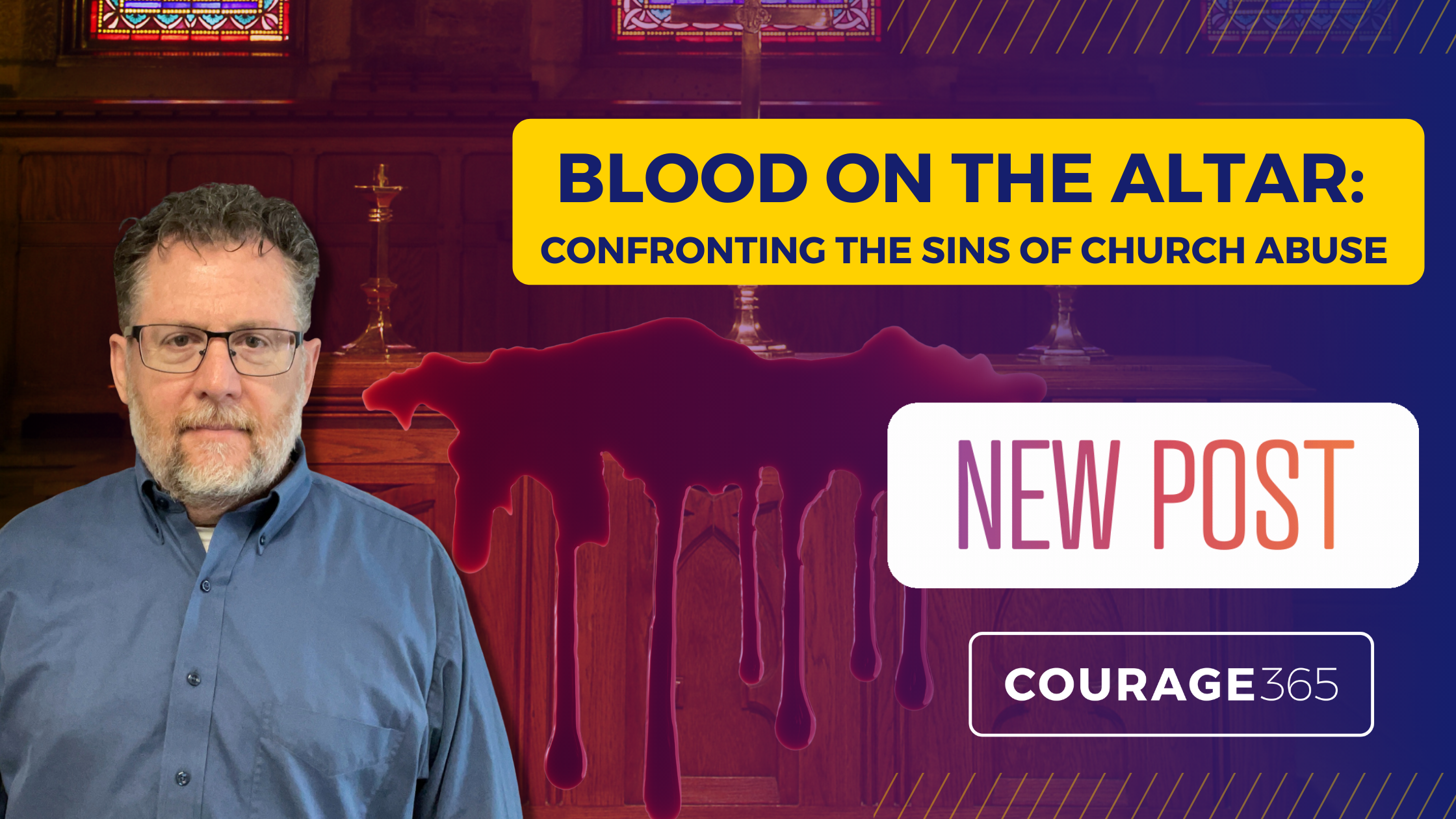Blood on the Altar: Confronting the Sins of Church Abuse
The issue of church abuse is a painful reality that many survivors have had to endure, causing deep wounds and loss of faith. It is essential for churches and pastors in particular to acknowledge their responsibility in these acts of harm and take concrete actions towards repentance. One vital step towards this process is the implementation of reparations for abuse survivors.
In this blog post, inspired by our recent podcast episode with pastor Brian Metzger, we will explore the importance of reparations, the need for honest conversations, and the significance of listening to survivors' experiences.
Creating a Safe Church Environment:
"If I'm gonna continue to be a pastor, then the church that I'm a part of needs to be a place that's as safe as we can possibly be." - Brian Metzger
Creating a safe church environment is crucial for survivors to find healing and solace. This requires a commitment to honoring survivors and providing space for their stories. The church must be transparent and refrain from covering up or manipulating the truth. By being honest about past mistakes. Pastors need to realize church will never be a completely safe place. Anyone who walks through the doors of a church is taking a risk and if a survivor chooses to come to church this is an act of bravery and should never be compulsory, however efforts to make church safer are paramount!
Reparations and Accountability:
"I think that reparations are like tangible repentance. It's the proof in the pudding. It's the way of demonstrating that we're gonna put our money where our mouth is." - Brian Metzger
Reparations serve as a tangible way to acknowledge the harm done to survivors. It demonstrates a commitment to righting the wrongs, both financially and emotionally. However, it is crucial that the survivors themselves define what reparations mean to them, ensuring their needs and healing are prioritized.
Examples of reparations abuse survivors may ask for in their churches include:
A formal apology from the church leadership to survivors, their families, and communities.
A commitment to educate leadership and congregants about sexual abuse and trauma.
Removal of abusers without financial compensation or public praise.
Financial support for both survivors and their families for therapy and other services needed to heal.
Ending Non-Disclosure Agreements in the Church:
"Please release everybody and never ask anybody again to ever sign a non-disclosure agreement... just step up and take responsibility for the harm that we've done." - Brian Metzger
Church leaders must take responsibility for the harm that has occurred under their watch. Non-disclosure agreements and artificial means of control should be eliminated. It is time for leaders to acknowledge their mistakes, let go of protecting the institution, and focus on supporting survivors on their journey towards healing. True repentance does not ask for silence on behalf of the survivors, it calls for public confession and acceptance of consequences for wrong doing.
Closing Thoughts:
While it is unrealistic to claim that the church can ever be a totally safe space, it is possible to make it safer by addressing abuse and corruption head-on. Honest conversations, reparations, and accountability are vital steps toward creating a church environment that acknowledges and values survivors. As a community, we must recognize the courage it takes for survivors to come forward and engage in life, even in the face of unimaginable pain. It is through these efforts that we can hope to restore faith, rebuild trust, and create a safer church for all.
Share this with a church leader who needs to hear it!
Relevant Links:
- Brian’s Twitter: https://twitter.com/aPastorsStory
- Brian’s Facebook: https://www.facebook.com/Brianmpei
- Brian’s Instagram: https://www.instagram.com/brianmrnc63/
- https://apastorsstory.wordpress.com/
- Text message service: To sign up, text the word "courage" to 917-809-7311
- Courage 365: Facebook Group - www.facebook.com/groups/courage365


